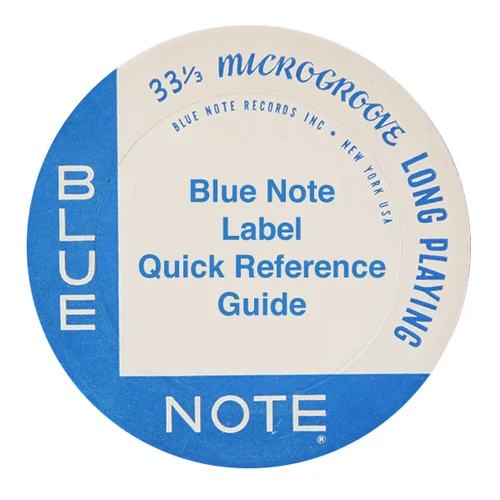Feeling The Funk: Donald Byrd - "Stepping Into Tomorrow"
/Donald Byrd • "Stepping Into Tomorrow" • 1975 • Blue Note Records
Recorded November & December 1974 at The Sound Factory, Los Angeles
The Selection:
The Tracks:
A1. Stepping Into Tomorrow
A2. Design A Nation
A3. We're Together
A4. Think Twice
B1. Makin' It
B2. Rock And Roll Again
B3. Your Are The World
B4. I Love The Girl
The Players:
Donald Byrd - Trumpet, Flugelhorn, Vocals
Gary Bartz - Alto Sax, Clarinet
Jerry Peters - Acoustic Piano, Organ
Chuck Rainey - Fender Bass
David T. Walker - Guitar
John Rowin - Guitar
Rhonghea Southern - Guitar (on "Think Twice")
Fonce Mizell - Clavinet, Trumpet
Harvey Mason - Drums
Stephanie Spruill - Percussion and Backing Vocals
Roger Sainte - Percussion
Mayuto Correa - Congas
James Carter - Whistler
Larry Mizell - ARP Synthesizer, Fender Rhodes
Kay Haith - Vocals
Margie Evans - Backing Vocals
Lorraine Kennar - Backing Vocals
The Record:
Donald Byrd Looking Dapper, From the Inner Sleeve
When Stepping Into Tomorrow was released in 1975 Donald Byrd found himself in the middle of an impressive run of consistent albums that practically created a new sub-genre of jazz funk music, one that seamlessly combined elements of jazz, funk, soul and R&B, and all of which were nearly uniformly despised by those critics and listeners who were still holding out hope for a return to the golden age of jazz. Byrd, a hard bop legend and jazz educator, could have cared less, and thank goodness for that, as he left us a group of albums that are inventive, fun and exciting, and Stepping Into Tomorrow may very well be the best of them all.
This run of five albums (Black Byrd, Street Lady, Stepping Into Tomorrow, Places and Spaces and Caricatures) were a result of Byrd's partnership with the Mizell Brothers (Larry and Fonce), who produced each album and composed or co-composed almost all of the music on them. The sound on Stepping Into Tomorrow follows the blueprint set down on the albums before it: a dense kaleidoscope of sounds, textures and vocals with Byrd and Gary Bartz's joyful and energetic solos layered into the mix. Most of Byrd's bandmates from this period have been lost to the annals of history, with the exception of the jazz heavyweights Bartz and Harvey Mason, but everyone present seems more than capable of keeping up with the innovative music.
Even to this day, many so-called jazz "purists" still insist on dismissing an album like Stepping Into Tomorrow as fluff or (even more insulting) soft jazz. The production techniques employed by the Mizell Brothers were very much ahead of their time, as was much of the music itself, as it took the hip-hop generation's discovery of the albums to really put them back into their rightful place in the jazz history timeline. In particular, the use of the chorus of backing vocals almost as another instrument, bringing a depth and fullness to the music and grounding it in an organic place despite the many synthesizers swirling around. Stepping Into Tomorrow does lack the ever-present funky flute that was so prominent on the two albums preceding it (especially Street Lady), which can be either good or bad, depending on the level of '70s funkiness you're seeking. But, make no mistake, if you're looking for some bad-ass funk and soul to go with your jazz, you won't go wrong with Byrd and company on Stepping Into Tomorrow.
The Vinyl:
Details: 1st pressing with the mid-1970's "black b" label and "MANUFACTURED BY UNITED ARTISTS MUSIC AND RECORDS GROUP, INC." along the bottom.
Price: $15 from local record shop. Strong VG++ condition with a cover to match.
Sound Quality: Nice full sound, with good separation of the instruments, voices and soloing. It has that great analog sound that pairs great with this style of music versus the digital sheen of modern releases that can have the synthesizers a little too prominent in the mix.
Notes: A fortuitous find for me, as it was the final missing piece in my Byrd-Mizell LP collection (and at a good price too. These can often carry a higher price tag as the beat-collectors are always looking for a nice copy). As I've noted before these thinner '70s pressings can deteriorate quickly (they don't stand up to abuse as much as earlier thicker pressings) so it's important to find one in good shape.












